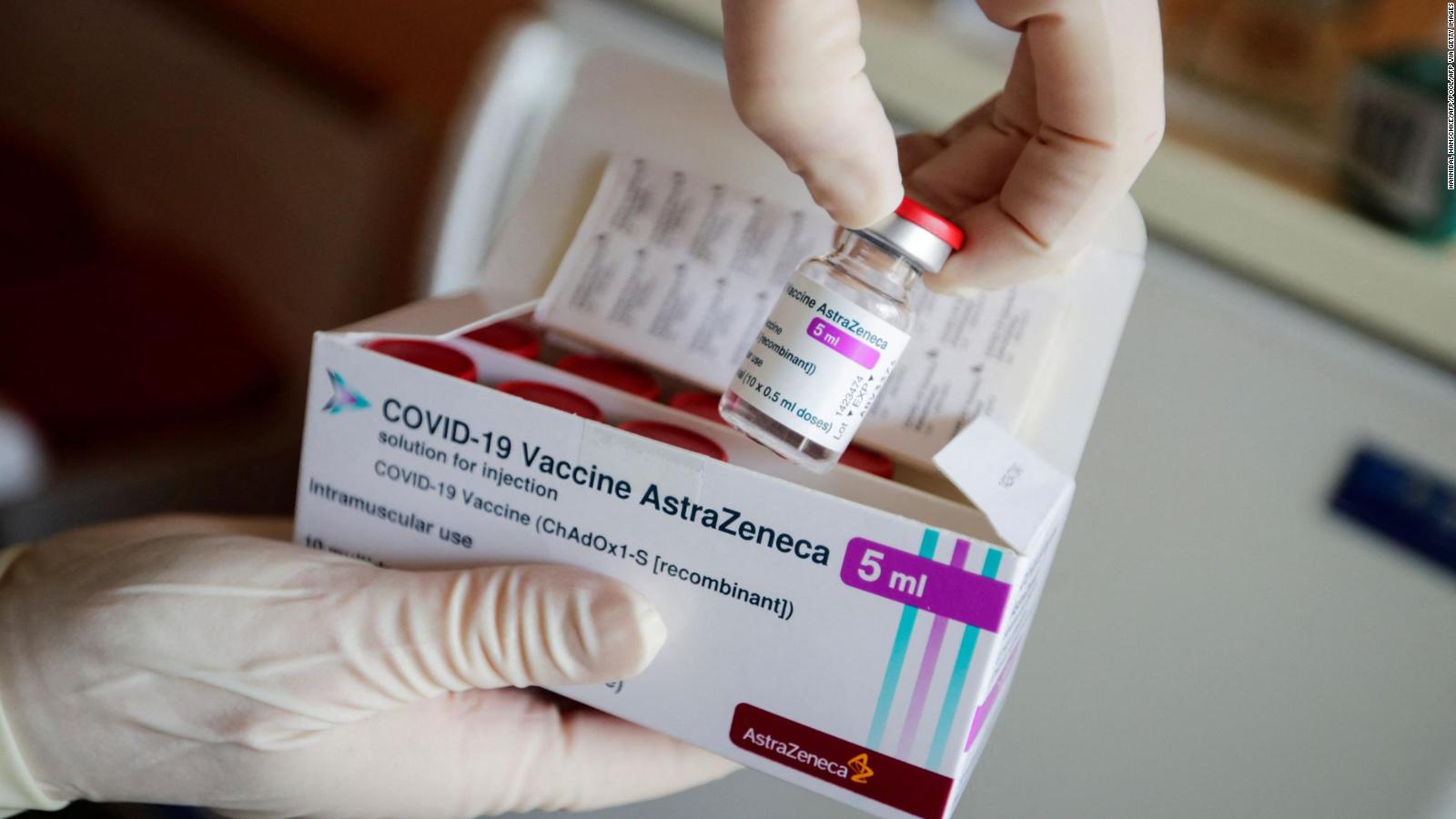Infectologist: There will be no herd immunity due to variants 2:21
(CNN) -
Oxford University research on the Oxford-AstraZeneca covid-19 vaccine found that a longer gap of up to 45 weeks between the first and second doses still produced a strong immune response, and a third booster dose it can lead to a substantial increase in antibodies.
The preliminary findings were published in a first version, which has not yet been published or peer-reviewed.
Thirty volunteers received a delayed second dose of the Oxford-AstraZeneca vaccine for up to 45 weeks after the first.
The UK currently recommends a 12-week interval between doses of the covid-19 vaccine.
99.6% of cases in Los Angeles were not vaccinated 0:42
In the study, a delayed dose of the COVID-19 vaccine was linked to higher levels of antibodies, which could reassure areas that want to delay second doses due to limited supply.
The research also found that a third dose given six months after the second offered a boost of protection against COVID-19.
That immune response includes the variants, although it is unclear whether booster doses will be necessary.
advertising
The study also included 90 people who received a third dose 44 to 45 weeks after the primary series.
He also found that there were antibody levels even higher than the response 28 days after the second dose and improved T cell responses.
The second delayed doses and the third booster doses were well tolerated, according to the preprint.
AstraZeneca Says Your Antibody Treatment Doesn't Prevent Symptomatic COVID-19 After Exposure
Covid-19 vaccine supply problems
Many countries have experienced shortage of doses of the covid-19 vaccine.
This has caused concern about the length of delays that some people may experience between their first and second puncture.
Professor Andrew Pollard, principal investigator of the Oxford University vaccine trial, explained in a press release.
“This should be reassuring news for countries with lower vaccine supplies, which may be concerned about delays in supplying second doses to their populations.
There is an excellent response to a second dose, even after a 10-month delay from the first.
Speaking at a news conference Monday, Associate Professor Teresa Lambe, the study's lead author, said that with a "prolonged interval of 15 to 25 weeks and even 44 to 45 weeks between dose one and dose two, you get a strong production of antibodies ».
Will the problems of the J&J and AstraZeneca vaccines impact?
4:02
Pollard also said at the briefing that he currently does not believe there is a need for booster injections of covid-19 vaccines in the UK.
“Today there is no indication that we need reinforcements.
It is something in which we must continue to look at the data and make decisions as the months go by, whether the protection we have has been lost, "he said.

